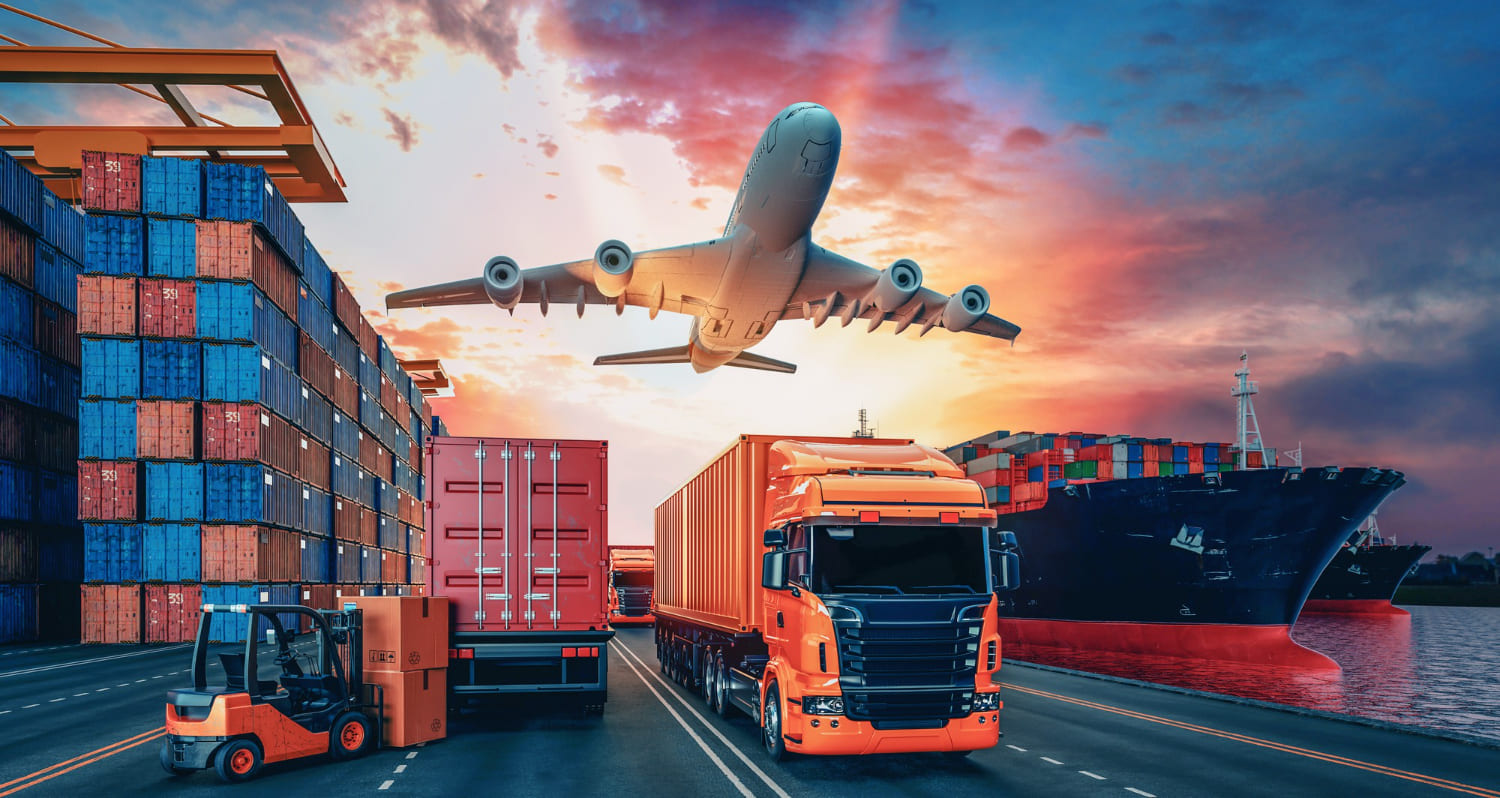In today’s fast-paced global market, transportation is a critical component of successful shipping operations. Efficient transportation management not only reduces costs but also enhances customer satisfaction by ensuring timely deliveries. Whether you are a small business or a large enterprise, understanding the nuances of Transportation can be a game-changer. At EJP Logistic, we believe every shipper must be equipped with essential knowledge to navigate the complexities of transportation effectively. Here are eight transportation secrets that every shipper must know to optimize their supply chain.
1. Choose the Right Mode of Transportation
Selecting the appropriate mode of transportation is fundamental to successful shipping. Depending on the type of goods, delivery timelines, and budget, shippers must evaluate options such as road, rail, air, or sea freight. Each mode has its own advantages and limitations. For instance, air transport is fastest but expensive, while sea freight is cost-effective for bulk shipments but slower. Understanding these differences enables shippers to align their transportation strategy with business goals.
2. Leverage Technology for Better Visibility
Incorporating technology into transportation management improves visibility throughout the shipping process. Tools like GPS tracking, transportation management systems (TMS), and real-time updates empower shippers to monitor shipments, predict delays, and make data-driven decisions. Enhanced visibility reduces risks, improves communication, and increases overall operational efficiency, making it a must-have secret for every shipper.
3. Optimize Load Planning and Packaging
Proper load planning and packaging play a critical role in maximizing transportation efficiency. Efficiently packed shipments minimize unused space and reduce transportation costs. Additionally, using packaging designed to protect goods during transit decreases the risk of damage and returns. Shippers should work closely with logistics partners to ensure that load planning and packaging methods are optimized for the selected mode of transportation.
4. Understand Regulations and Compliance
Transportation is governed by numerous regulations, both domestic and international. Compliance with safety standards, customs documentation, and hazardous materials handling is non-negotiable. Shippers who stay informed about regulations can avoid costly fines, shipment delays, and reputational damage. Consulting with experts or reliable logistics providers like EJP Logistic can help navigate the complex regulatory landscape.
5. Develop Strong Relationships with Carriers
Building and maintaining strong relationships with transportation carriers can lead to better rates, priority services, and flexible terms. Shippers who communicate openly and foster partnerships with carriers often enjoy improved reliability and responsiveness. Negotiating contracts and understanding carrier capabilities should be an ongoing effort to optimize transportation operations.
6. Plan for Seasonal Fluctuations and Capacity Constraints
Seasonal demand peaks and capacity shortages can significantly impact transportation efficiency and costs. Shippers must anticipate these fluctuations and adjust their transportation plans accordingly. Advanced planning helps secure capacity, avoid surcharges, and maintain consistent delivery schedules. Being proactive rather than reactive is essential for navigating seasonal challenges.
7. Implement Cost Control Measures
Controlling transportation costs is vital to maintaining profitability. Shippers should analyze all cost components, including fuel surcharges, accessorial fees, and route efficiency. Utilizing cost benchmarking and performance metrics allows for identifying areas of overspending. Negotiating volume discounts, consolidating shipments, and optimizing routes are effective ways to reduce transportation expenses without compromising service quality.
8. Continuously Evaluate and Improve Transportation Processes
Transportation management is not a one-time effort. Continuous evaluation and improvement are necessary to stay competitive. Shippers should regularly review transportation performance metrics, customer feedback, and market trends. Implementing improvements based on data insights can enhance efficiency, reduce costs, and improve customer satisfaction over time.
Frequently Asked Questions
Q1: Why is transportation important for shippers?
Transportation is crucial because it connects suppliers and customers, ensuring goods are delivered timely and safely. Effective transportation management impacts cost control, customer satisfaction, and overall supply chain performance.
Q2: How can shippers reduce transportation costs?
Shippers can reduce costs by optimizing load planning, negotiating with carriers, using technology to improve route efficiency, and anticipating seasonal capacity constraints to avoid surcharges.
Q3: What are the risks of not complying with transportation regulations?
Non-compliance can result in fines, shipment delays, legal issues, and damage to a company’s reputation. It can also disrupt supply chains and increase operational costs.
Conclusion
Transportation is a complex but indispensable part of shipping. By mastering these eight essential transportation secrets, shippers can enhance their operational efficiency, reduce costs, and improve customer satisfaction. At EJP Logistic, we understand the challenges shippers face and are committed to providing expert solutions tailored to your transportation needs. Stay informed, leverage technology, and build strong partnerships to navigate the dynamic transportation landscape with confidence. Your success in shipping starts with smart transportation decisions.
From expert tips to trending updates, it’s all available on our main page.
